Fall 2021 Courses
100 Level Courses
AM 101W 001 Growing up in America
Tammy Owens | 4 credits
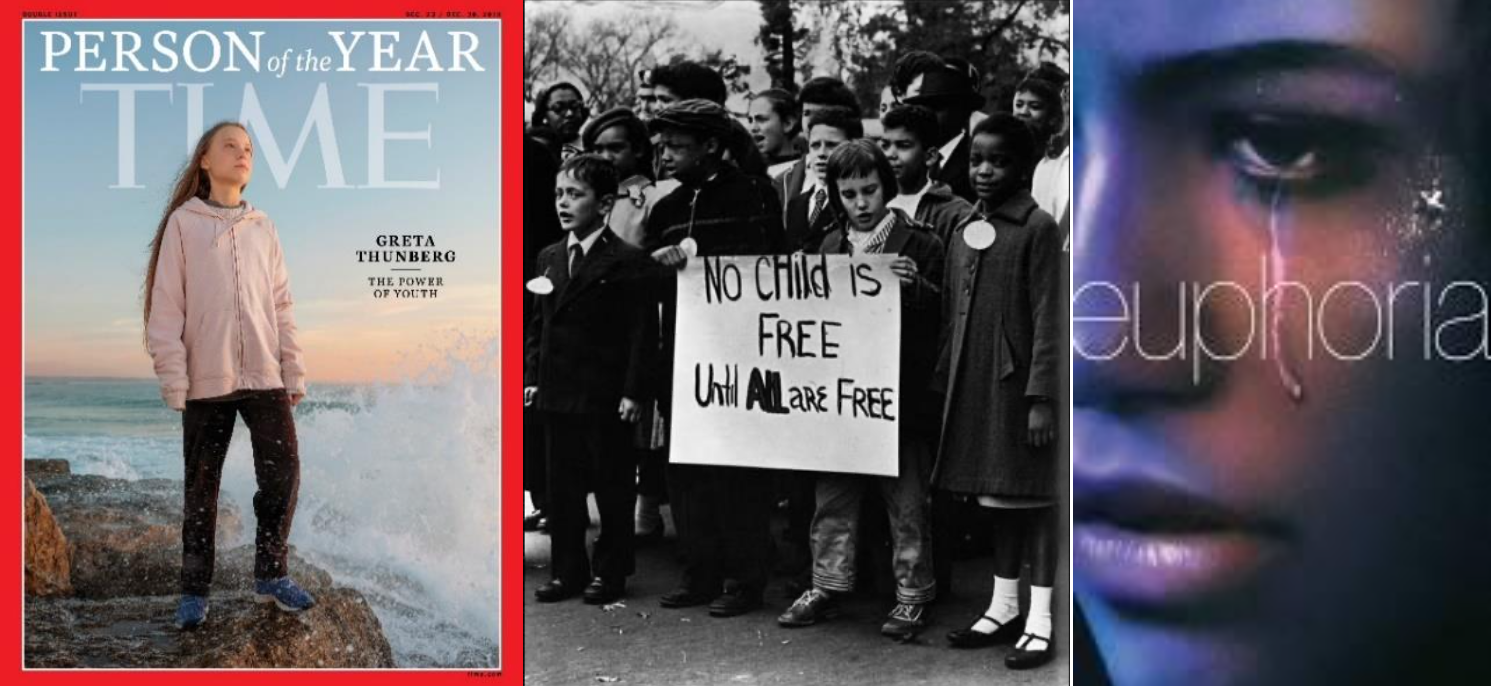
Students will study the history of American childhood to learn how major social, cultural, political, and economic changes in the U.S. have defined the nation's culture. Students will gain a better understanding of how our ideas and beliefs about what it means to be an American have influenced our ideas about childhood as well as the role of children and young adults in shaping our world. Students will examine a diverse mix of sources including literature, archival documents, films, music, and social media.
Note(s): Fulfills the Humanistic Inquiry and Expository Writing requirements.
AM 101W 002 Rise and Fall of the New Deal
Aaron Pedinotti | 4 credits

This course introduces students to the disciplinary parameters and methodologies of American Studies via a semester-long engagement with a major topic in 20th century American history that has recently begun to loom large in contemporary public discourses: the set of Depression Era Federal Government programs and reforms known as the New Deal. Throughout the course, the New Deal will serve as a practice object for applying the concepts, models, and empirical methods of American Studies to the understanding of historical topics. Students will learn about basic approaches within the field, apply them to the analysis of the New Deal, and in so doing, acquire skills that can be used in the analysis of other historical eras as well as contemporary culture. In addition to learning about the history, governing philosophies, and economic ideas that informed the New Deal programs, students will learn about the complex ways that the New Deal has functioned as a marker of historical memory and a contentious political signifier in the decades since its occurrence.
200 Level Courses
AM 237 Americans in Outer Space
Gregory Pfitzer | 4 credits
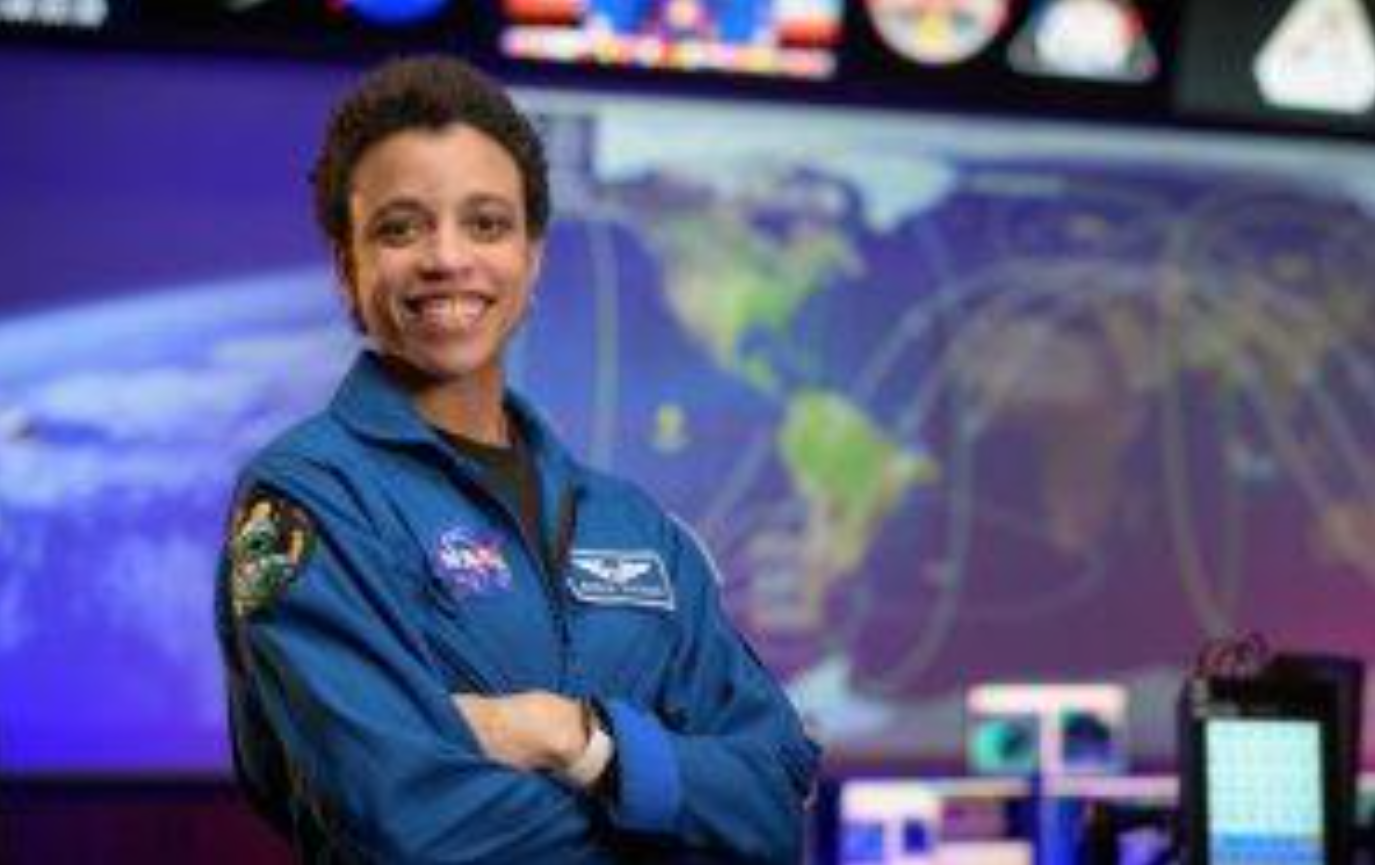
An examination of the cultural, political, and economic contours of the debate about the exploration of deep space, with special attention to NASA's "Artemis" proposal to return astronauts to the moon by 2024. The course will focus on the power and justice dynamics associated with the original lunar landings, including who has access to space? What groups have the authority to control the use of space? Who should be responsible for funding exploration? And how do the lenses of identity, ethnicity, gender, nationality, socio-economic class and race inform these decisions?
Note(s): Fulfills Social Sciences and Bridge Experience requirements.
AM 264 African-American Experience
Tammy Owens | 3 credits
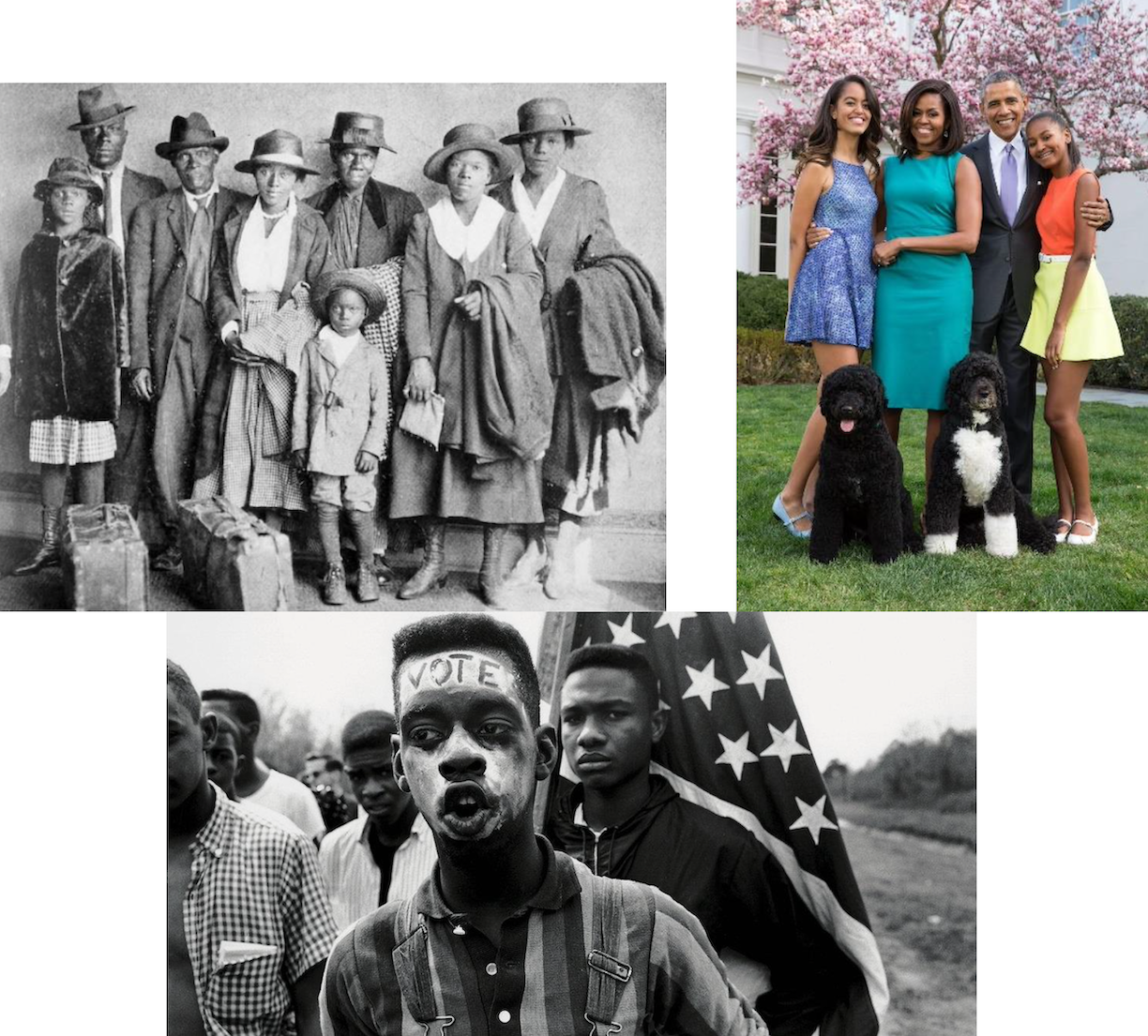
An investigation of the role African Americans have played in the history of the nation, including African-American contributions to, and exclusions from, various aspects of a "democratic" American society. Students will examine the critical issues and periods relevant to the African-American stuggle toward the freedom and equality. Topics include slavery, emancipation, and Reconstruction; the woman's era; the age of Jim Crow and the new Negro; the civil rights movement; and the post-reform period. Primary and secondary sources include narratives, documents, photographs, and films.
Note(s): Fulfills Cultural Diversity and Social Sciences requirements.
300 level courses
AM 351C American Horror Fiction in Multiple Media
Aaron Pedinotti | 3 credits

This course explores the subgenres and modalities of American horror fiction in multiple media, including print, film, television, videogames, graphic novels, and virtual reality. Its goals are four in number: 1) to introduce students to the formal characteristics of various horror subgenres, including American Gothic, ghost stories, pulp horror, weird fiction, sci-fi horror, body horror, post-apocalyptic horror, slasher films, splatterpunk, and the horror of the anthropocene; 2) to investigate the ways in which the texts of horror are refracted and inflected by the specific mediums in which they are presented; 3) to explore theoretical takes on how the classic aesthetic motifs of horror fiction – including the terror/horror schism, Gothic sublimity, and cosmic pessimism – are refracted through specifically American texts and contexts; and 4) to relate the genres and the texts that are studied in the course to major issues in American history and society, including racial and gendered oppression, economic exploitation, settler colonialism, genocide, imperialism, militarism, and other forms of social violence. Specific authors studied in the course will include Nathaniel Hawthorne, Edgar Allen Poe, H.P. Lovecraft, Clark Ashton Smith, Shirley Jackson, Richard Matheson, Stephen King, Kathe Koje, Octavia Butler, Scott Snyder and Jeff VanderMeer (some of the works by latter authors will be full novels, but several will be short stories). Films and television screenings will include Rod Sterling's The Twilight Zone, Alfred Hitchcock's Psycho, Stanley Kubrick's The Shining, David Cronenberg's Rabid, Matt Reeves' Let Me In, David Mitchell's It Follows, Jordan Peele's Get Out, Alex Garland's Annihilation, Season 2 of SYFY's Channel Zero, and Jen and Sylvia Soska's remake of David Cronenberg's Rabid. Some experiential engagement with horror-themed videogames and VR experiences will also be a part of the curriculum. Some accomodations will be made for anxiety responses, but students are advised that this course is not for the squeamish or faint of heart...
AM 351D Black Girlhood Studies
Tammy Owens | 4 credits
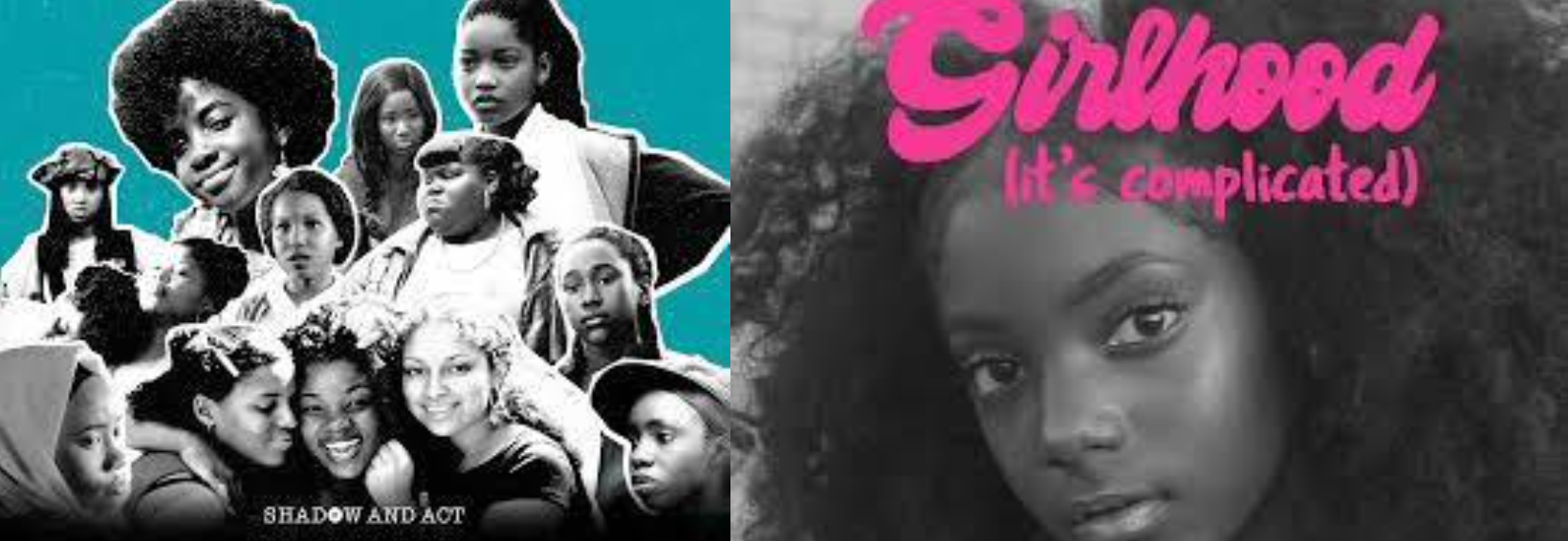
Black Girlhood Studies explores representations and narratives of black girlhood in American culture from the 19th century to the contemporary moment. Students will analyze black girlhood and the stories of black girls through a diverse collection of sources including young adult literature, personal narratives, social media, dance, music, archives, and recent scholarship in Black Girlhood Studies. Students will examine topics such as the racialization of girlhood in American, the criminalization of black girls, sexual literacy, youth activism, and Afrofuturism.
AM 374 Senior Seminar
Gregory Pfitzer | 4 credits
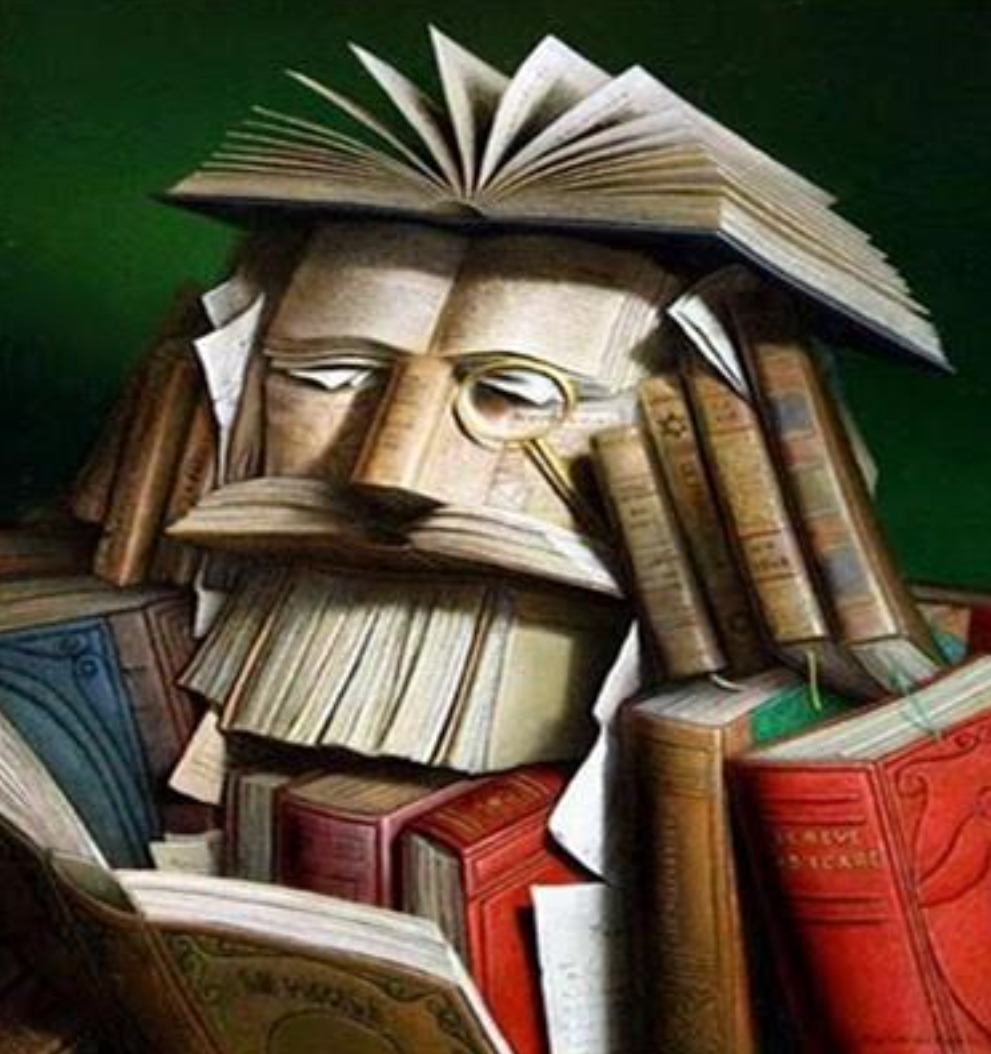
American Studies 374 (Senior Seminar) is the culminating or "capstone" experience in the American Studies major. It builds on the concepts and strategies learned in American Studies 221: Methods and Approaches as well as on many of the theoretical and practical elements of other courses in the American Studies curriculum. The seminar is designed to help students find academic meaning and focus in the work they have already completed at Skidmore and to provide a bridge to the world beyond college by requiring them to confront squarely those two nagging questions: 1) What is the purpose and meaning of what I have learned in college to date? and 2) What will I do with my American Studies degree when I graduate? Answers to these questions will be sought primarily through the writing of a major research paper whose topic and scope will be determined by the prior academic preparation and future personal objectives of the students enrolled in the seminar.